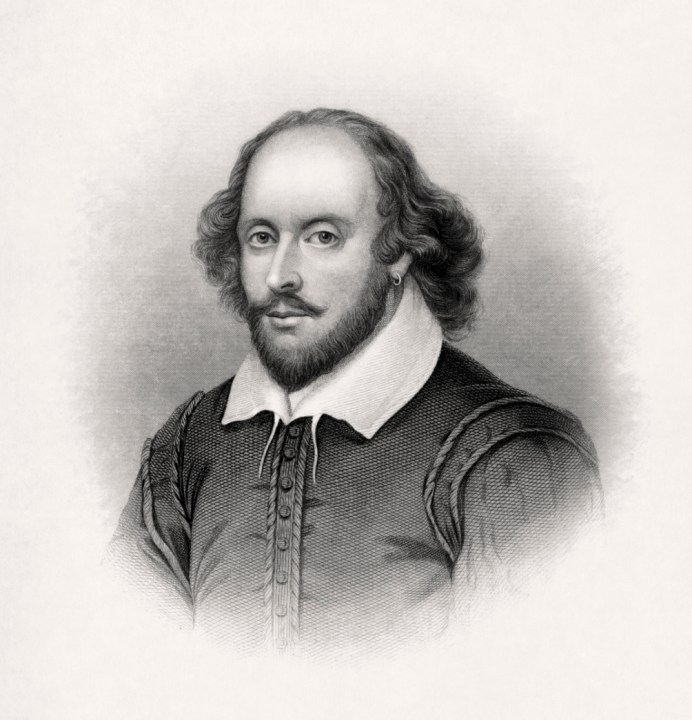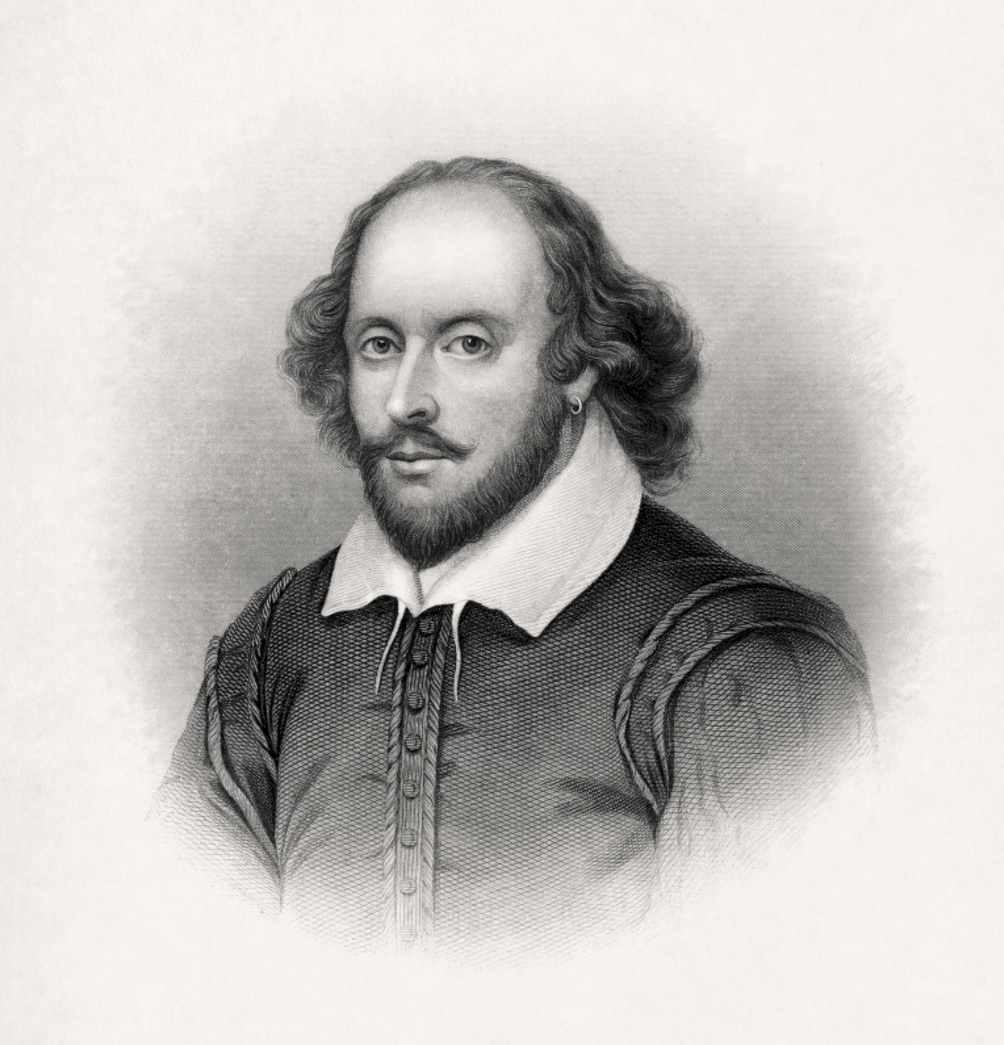It seems to have become an unspoken requirement of recent that anyone in charge of promoting or putting on the plays of Shakespeare must first of all hate him and his works. We have long grown accustomed to the Royal Shakespeare Company prefacing his plays with trigger warnings reminding us of what a terrible man he was, that his works contain all manner of bigotry, sexism and racism. So it was no surprise to read yesterday that his birthplace is now being ‘decolonised’, in response to concerns that the playwright is being used to promote ‘white supremacy’.
According to the Sunday Telegraph, the Shakespeare Birthplace Trust, which owns buildings connected to his home town of Stratford-upon-Avon, together with archival material including parish records of his birth and baptism, is now ‘decolonising’ its collection to ‘create a more inclusive museum experience’. This undertaking will involve examining ‘the continued impact of Empire’ on the collection, the ‘impact of colonialism’ on world history, and how ‘Shakespeare’s work has played a part in this’. The trust has stated that some of items may now contain ‘language or depictions that are racist, sexist, homophobic, or otherwise harmful’.
What’s for sure is that the buzzword ‘decolonisation’ in relation to the Bard makes no sense
This arrant, knavish nonsense is nothing new, of course. The custodians of British culture, in thrall to a voguish hyper-liberal doctrine that demands no original thinking, merely the robotic repetition of slogans and key words, have been at this for decades. Despite optimistic declarations of late about ‘woke being over’, our museums, galleries and theatres remain awash with this spirit of knee-jerk, ignorant self-abasement.
Those who advocate a woke dogma primarily because their progressive peers, colleagues and friends are doing it will seldom shine when it comes to intellectual or historical rigour. What came after Shakespeare and his time is not his fault, and his legacy and influence through history are a matter for historians to discuss. It is not in the remit of those in charge of collections or in the heritage industry, let alone the job of those putting on his plays.
What’s for sure is that to employ that buzzword ‘decolonisation’ in relation to the Bard makes no sense. Britain had no colonies in his time, not least because Britain as a nation didn’t exist, and the paltry possessions owned by England were nothing on the vast, deep scale of what was to come.
Trying to make Shakespeare relevant to 21st-century multi-ethnic Britain, to unearth traces of racism in him, is also fraught with difficulty, nay impossibility, given that his England was almost entirely white. Seeking to detect racism in a country where people had no experience of others with different coloured skin is no mean undertaking.
This hasn’t stopped our modern-day flagellants from trying. This latest initiative by the Shakespeare Birthplace Trust comes in the wake of claims made in 2022 by a research project it made in collaboration with Dr Helen Hopkins of the University of Birmingham, which condemned the use of Shakespeare as a symbol of ‘British cultural superiority’ and ‘Anglo-cultural supremacy’. That report also took issue with the understanding and the continued presentation of the Bard as a ‘universal’ genius. On the contrary, it said, this claim to universality ‘benefits the ideology of white European supremacy’.
The legitimate and justified global perception, that Shakespeare spoke of humanity, and spoke to all humanity, has invariably been employed by those who counter-argue that Shakespeare, though quintessentially English, spoke not of one people or one ethnicity, but of the human condition itself. Othello makes the point explicitly, Hamlet implicitly. Shakespeare has forever had universal reach that transcends time, culture and custom.
Rational argument and empirical evidence will never wash, alas, with those beholden to the enchantment of ‘decolonisation’. Hyper-liberals are not reasonable people. This is made obvious in their unwitting promotion of ‘asymmetrical multiculturalism’, that accidental dogma which decrees that all cultures are equal, that none must be judged better or worse than another… except ours, which is obviously much worse.
What makes this report all the more despairing is that here, once again, we see an incoherent and illogical worldview on display, disseminated and accepted without anyone pointing to its contradictions. The trust at Stratford wants at once to dethrone the Bard from his status as ‘greatest’, placing him as ‘part of a community of equal and different writers and artists from around the world’, yet in the same breath it damns him and his legacy for its racism and bigotry.
The incoherence of asymmetrical multiculturalism can be explained by the irrational, vainglorious motives and desires of those enraptured by the performance of ‘decolonisation’. Ostentatious displays of self-loathing and atonement, whether it be of oneself or one’s culture, have always been a devious, inverted means of self-aggrandisement, of flaunting one’s superior, compassionate moral worth and elevated social status. And ’tis pride that pulls a country down.








Comments